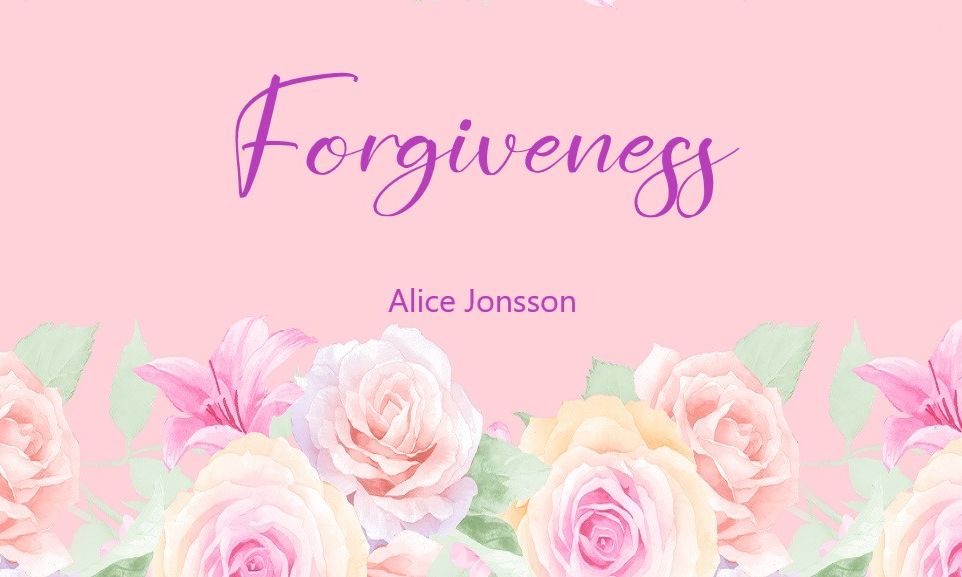
Forgiveness
Before the New Year (Rosh Hashanah), we must find a way to move on from the perceived injustices in our lives that involve the misdeeds of others, and avoid putting ourselves into the role of the punisher…

I’ve been thinking a lot about the concept of forgiveness. What does it actually mean in Torah? I am not a rabbi and am not educated enough in Torah to really be able answer that question. Does it mean you now feel that the actions of the person who is need of the forgiveness were OK? Does it mean you are saying that the person in need of forgiveness couldn’t do better?

Why are some people so easy to forgive and others not? Or some actions that are horrible can be overcome, but some arguably much more minor offenses can keep someone roiling for years, keep them trapped in a dead end? What if you forgive a person and they burn you over and over? Does forgiving someone mean that you then need to trust them? The term ‘forgiveness’ can be a big hang up for me and for lots of people because it is so intertwined with the concept of trust.
“Let us fall into the hand of Hashem, for his mercies are abundant; but let me not fall into human hands.” (King David)
Rabbi Arush writes about this in The Universal Garden of Emuna. He explains that ultimately we can only trust in Hashem. We can only rely on Hashem. If we are putting ourselves, our happiness, into the hands of the people who surround us, we are doomed. Alternatively, if we have faith in The Creator, who can overcome nature and make literally anything happen for us, we are, in a way, filling a bank account that no market collapse can touch. We can draw on that account whenever we need it, to use a crass analogy.
My interpretation of this is that ultimately we need to give the injustices committed against us to God. We can not rely on another person to give us relief. Only our decision to use our God-given free will to turn to The Creator for help can open the doors for us. This does not mean that we can not or should not pursue earthly justice for legal infractions. We are obligated to do so. But even in those cases, without God’s permission, we will not succeed. And there are times where we will not be able to hold a person accountable as a society, maybe because of our own mistakes, maybe because the person is so skilled at evasion, or maybe because God is trying to teach us something and won’t let it happen. So then we are back to square one. We must give it to God and trust that ultimately none of us gets away with anything.
If we do not find a way to move on from the perceived injustices in our lives that involve the misdeeds of others, and we make the even worse mistake of putting ourselves into the role of the “punisher”, then we run the risk of getting trapped in the prison we are busy building and rebuilding for the criminals in our lives. That takes a huge amount of effort. If someone is rude to me over and over, and I don’t believe that he is going to receive some kind of consequence for this unless I am the “punisher”, then I have signed on for quite a job, maybe even a full-time job. And if this person is say, for example, a co-worker or someone with whom I am often in contact, then I am going to be super busy busting them over and over, building and rebuilding their cell. What a drain that is. If no matter how many times I build the cell, it keeps disappearing and the person is able to continue behaving like a supreme jerk, then I am the only one in the jail I am building, which defeats the purpose of the entire endeavor.
Back to the concept of forgiveness, does this mean that I then need to forgive and forget? Is that the only alternative? That means I might have to accept that I need to live with the jerks in my life and that I may never get away from them! Is it not the case that, using the example of a co-worker, I will always be in an office where someone is rubbing me the wrong way? What if I start my own business? Will it not be the case that the employees I hire will sometimes turn out to be not so hot, not so trustworthy? How about my clients? I may never get away from the people who make me nuts and who violate my trust.
Then we have to find a way to look at the nutty people with whom we must co-exist so that their impact is minimized, maybe even greatly minimized. We need to find a way to learn from the mistake we are seeing over and over, that God is putting before us, and to find a way to distance ourselves from it so that it doesn’t hurt us so much. Maybe I do not need to trust the person to behave so well, but rather trust in God in those moments. I don’t think that is forgiveness. It is simply an acknowledgement that God is in charge. The person in front of me has free will. God will hold them accountable when we can not. And if God keeps testing me in some way, maybe there is a reason for it that I should be working towards understanding, if that is possible. Ultimately I can rest on this and focus on what I can control, using my God-given free will, and behave the best I can. I can try to make sure I am not the big jerk in someone else’s life. If it can help me to trust God, to accept that the person before me is an obstacle who can help me grow spiritually, then the focus is put back where it belongs – on me using my free-will to trust God, Who is worthy of it, and to then because I trust Him, live by His word and help to repair the world. Then I am liberated from the struggle to dole out forgiveness to people who are not asking for it.








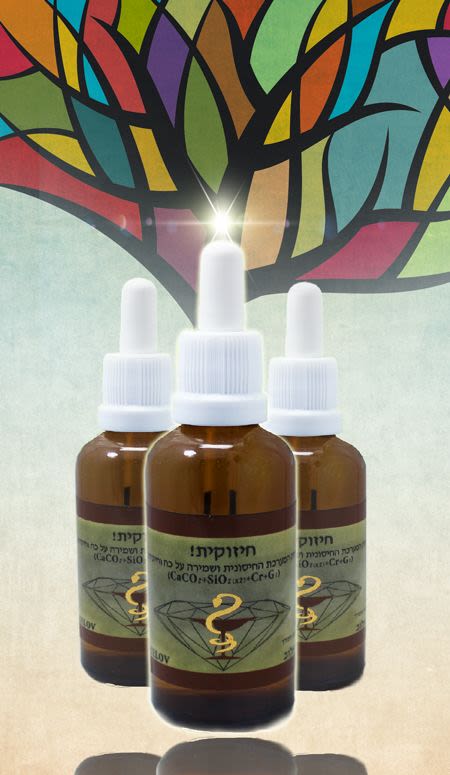
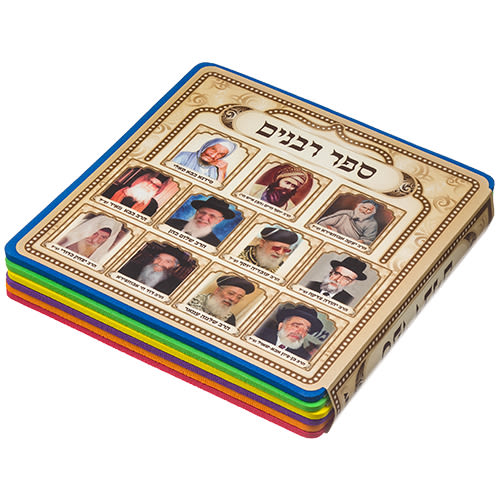
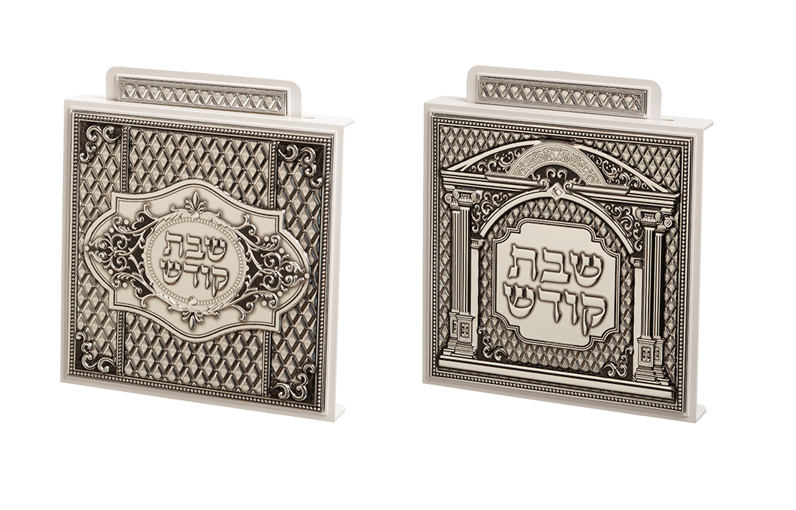
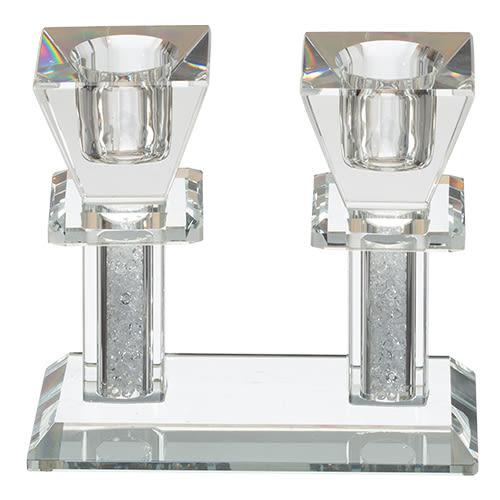
Tell us what you think!
Thank you for your comment!
It will be published after approval by the Editor.